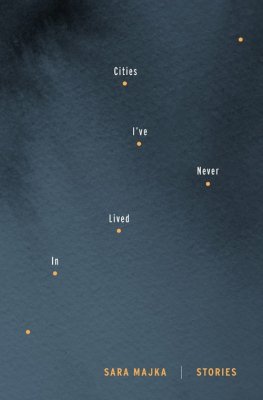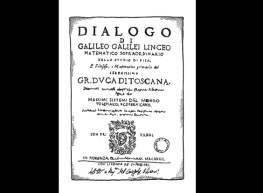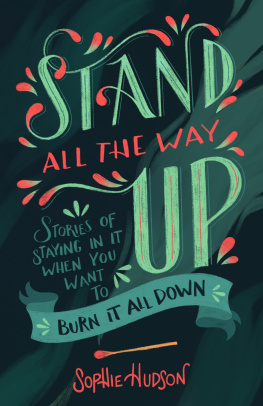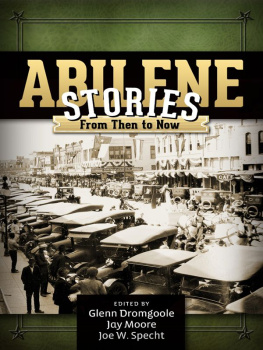Sara Majka
Cities I've Never Lived In: Stories
Maybe ten or eleven years ago, when I was in the middle of a divorce from a man I still loved, I took the train into the city. We were both moving often during this time, as if it were the best solution to a shattered life: to move from place to place, trying to thread together, if not our marriage and our lives, then something in ourselves. Richard was teaching in the Hudson Valley, and I had moved back to Maine, but would go sometimes to see him, and we would take long walks through the estates along the river, and drive up to Hudson, where there was a caf that we liked, with an outside patio made of concrete. The croissants were carefully made there, though they served everything on paper plates.
Richard would order while I waited at the table, and when he returned we would eat and often complain about the waste of paper. After a time I would get in my car and find my way back to Maine, though I didnt know the roads well and Id have to pull over to call him. The wood signs had road numbers neither of us knew, but we would piece it together and tell each other small jokes.
During one of these trips I took the train into the city. I wasnt well in the way that I would be several years later, and the wave of the power lines in the midday sun seemed alive to me. I watched them for the better part of the journey the way the lines threaded up and down, and passed through sun and shadows. It felt as if there was only me and the distant spectacle keeping pace with me.
The train was dirty, with few people on it. We passed empty lots and warehouses. When we pulled into Grand Central, I entered the station and stood against the wall, so that I could look at the ceiling without being noticed. The exhibit was in the new MoMA, which seemed that day like a church built to disorient. A large white space, with escalators that took you from floor to floor, and every floor looked like the one before it. I was there to see the work of a Venezuelan artist named Armando Revern. The Times had run an article with photographs of his life-sized dolls and of his self-portraits with the dolls. The exhibit took up one gallery, with the paintings in front and the dolls in back. For a time I sat on a bench, then I left the gallery.
In the spring I saw Richard again, him in his lightweight coat, standing in the parking lot near his office at the college. He was dating someone by then, someone who lived in town. He looked at me a small, unseasonably dressed woman and what he saw I didnt know; probably he felt sorry for me, but I also imagine it my discomposure made him happy, standing there, holding his cup of coffee.

After the divorce, I went to a cottage along the water that belonged to a friend. Richard and I had gone there several times when we were together, always in odd seasons, during odd weather, when no one else wanted it. I planned to be there all winter, unless someone else came. Richard came one day. There was a cafeteria-style restaurant that served cheap fish meals, where people ate together at long tables, and we met there. He sat down with me and looked at the people at the tables they were fishermen, and women who cleaned hotel rooms during the season, and men who cooked during the season, and now it was out of season and no one had much to do and said it hadnt changed much. After, we walked through the town. I felt like a caretaker showing a house that I loved but that had been more neglected than it ought to have been. We could go clamming, I said. He asked after the tide and I said, 3:00 p.m., and he said, Thats a good tide. I thought of my body underneath my coat, of what it would feel like to take my coat off in the kitchen while he was there.
Clamming happens in many villages along the East Coast. Clam beds are seeded, in that people arent looking for wild clams, but are searching for clams that have been put there much as fields are sown. I know little about the lives of clams, though Im left with the idea that they drift, that the tide raises them and they skirt along until being brought down. You get them by going while the tide is out, and raking with an instrument that looks like a garden tool. You know youve hit a clam by the weight and the ping against the rake. Then you reach down and toss it to the pile. If its so large the clam will be chewy, or so small it passes through the gauge, you put it in the sand and stomp on the ground. This keeps it from the seagulls that come in, once you leave, like ravens to a kill thats been left behind. When the birds get clams, they fly to a flat roof and drop them to break them open. To the people under the roofs it sounds like solitary hail.

Later on I was in the city, where I stayed in a married couples apartment while they traveled. It was a corner apartment filled with light, overlooking a church. The husband was an artist and the walls were covered with his canvases. Im not sure if the husband had wanted them hung, but the wife had, so I would wake and have coffee with the sun coming in and the brightness of the paintings. There were cats who slept with me, and there were stairs to the roof. If you went up just as it was getting dark, the last of the light receded behind the steeple and made it loom as if in a magical way, and I was full of the feeling of being nowhere, or in someone elses life, or between lives.
The old man who lived below the roof had a window on his landing that was coated in film, and he had placed four dying plants in front of it, leading me to believe the dead plants on the roof were also his. Those were entirely dead, and looked like buried branches, or like a Zen garden of sparseness. It was as if he had first tried a garden on the roof, but when those died he receded further, only daring to try outside his door, and as those were dying he enclosed himself even more, and I never saw him.
When the couple was there, we would smoke on the roof and eat bean salads. I would watch the light around the steeple and feel happy that I was there, feeling for a time that there was nothing but the roof, and them, and their happiness. Then we would creep back down. We werent supposed to talk on the landing because of the man, though often theyd forget and would tell each other small jokes. It seemed the sort of carelessness that love can evoke, where things can be taken with great seriousness, but also without any at all. But I never forgot about the man and felt him each time I passed his landing, with that dark mat and pile of shoes, and the plants crowding the sill, which rather than suggesting hope, seemed a fleeting and failed attempt at life.
One time when I was visiting, the couple told me that a woman was now living with him. She was much younger, didnt speak good English, and barely went out. They didnt know how he could have gotten her. She was young, not unpretty. On my last visit, though, the wife said, Its just the man again.
Its hard to talk about love. Its as if it closes when were not experiencing it and becomes impossible to recall. After my divorce, I briefly dated someone much younger. He was about to move to Berlin. I had been there once and remembered trying to make out a subway map at night when a student walked over to help. The student had been tall in the dark, as tall, it seemed, as the post the map was on. Its strange what you remember, what will keep. Whole years can pass, can end up being unimportant, but that stranger in Berlin I remember.

For years after the divorce, I found I fell in love easily. Sometimes when this happened, I moved to another city, and for a while I was happy because small things were again enough to fill the day. There was the matter of finding a mattress, and trips to the junk shop, with tubs of silverware to sort through, and row after row of shelves, each darker and more closed in, looking for stacks of old plates, putting plates on my lap so I could look at the ones underneath. I liked the grime of the places and what it left on my fingers. The cluster of old men at the door and waiting to see which of the men owned the shop and would ring me up, and the bags tearing so my purchases would have to be taken out and carried.












